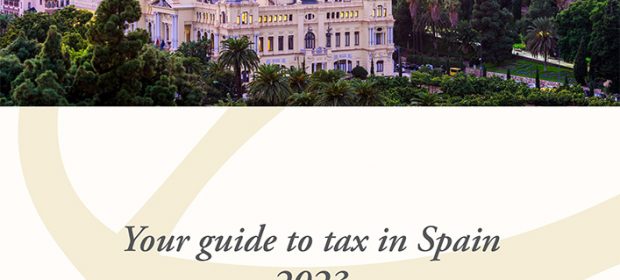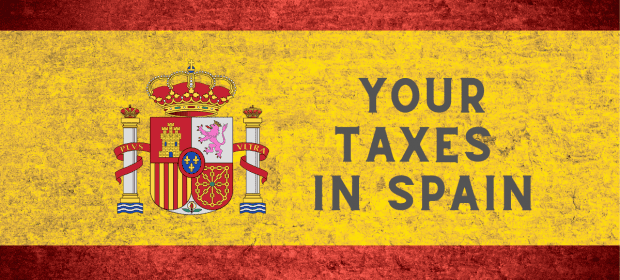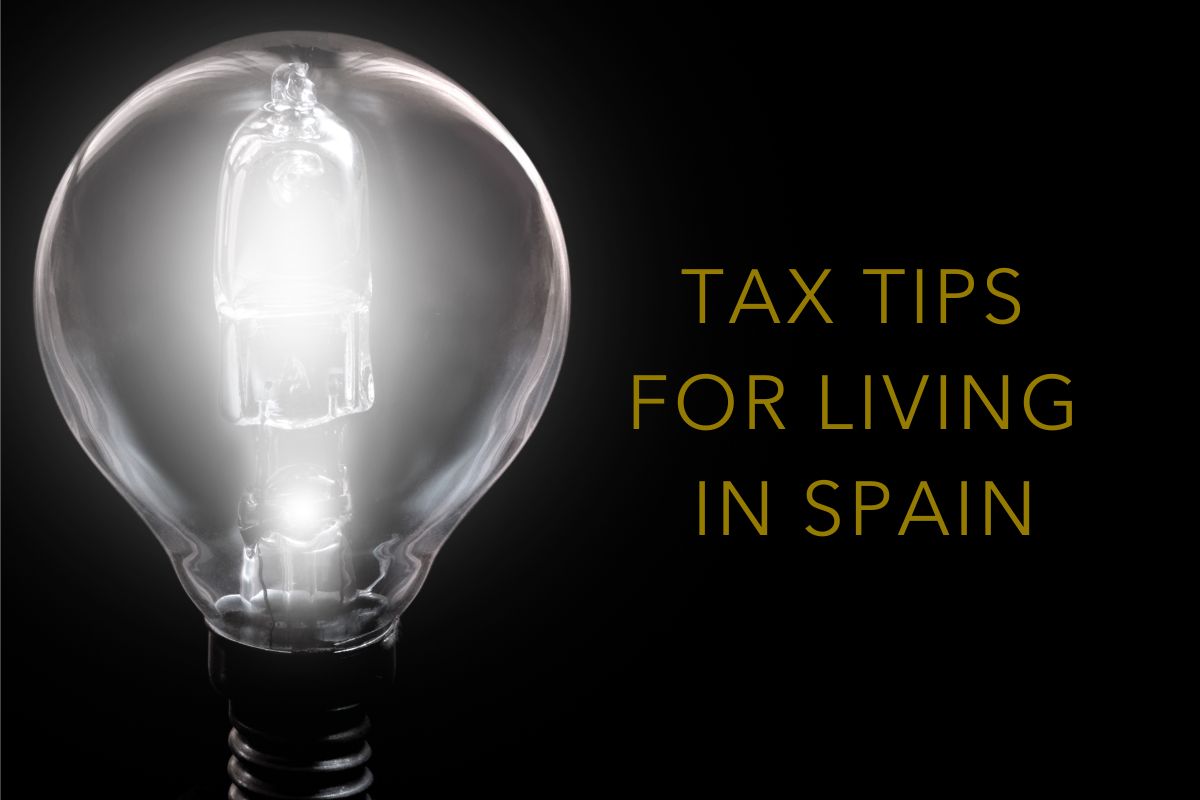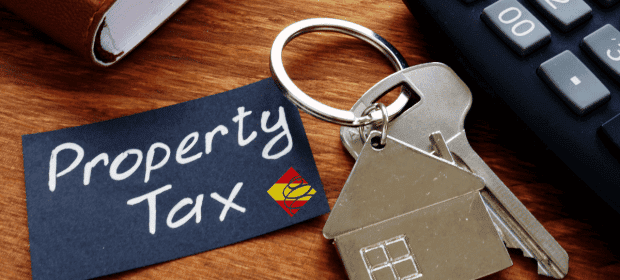Hola
This month we are covering the following Hot Topics:
- UK financial advisers are not legally able to advise EU based clients anymore
- The important ‘rule of 72’ for investing
- Spanish state pension inflation worry
UK investments & pension law changes
Many UK based financial advisers can no longer legally look after anyone resident in Spain or the EU due to Brexit legislation, most having already written to their clients informing them of this. However, it’s not all bad news; most UK based investments including ISAs are not tax efficient in Spain/EU, with many having to be declared annually and tax paid on any gains, EVEN if you don’t access the money. This does depend completely on your circumstances and I help people analyse their personal situation, managing their UK assets or arranging for them to become Spanish compliant moving forward.
For those with UK private pensions in drawdown, every few years to receive this money you must have a UK accountant rubber stamp this to continue. So again, you will need to find someone locally to do this for you, which we can help with.
If you have any questions or need help in respect of UK based assets, please get in touch for a free, no obligation chat/review of your situation.


















